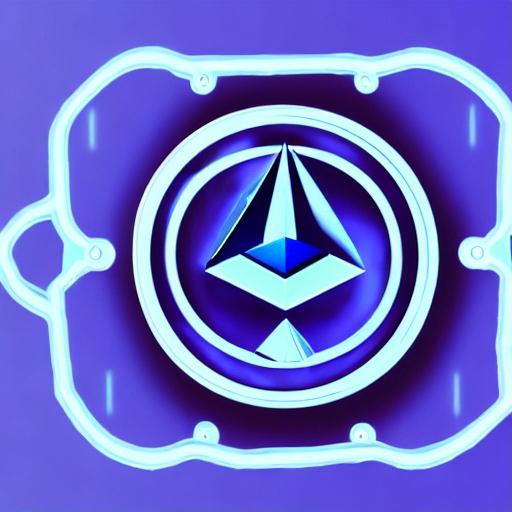Ethereum is a decentralized, open-source blockchain platform that enables the creation and execution of smart contracts. In simple terms, Ethereum is a global, virtual computer that eliminates the need for middlemen by providing a platform for developers to build decentralized applications (dapps) and issue digital currencies known as tokens.
At the core of Ethereum is its cryptocurrency called Ether (ETH), which fuels the entire network. Just like Bitcoin, Ether can be bought, sold, and used as a peer-to-peer digital currency. However, Ethereum goes beyond being just a digital currency and offers a platform for developers to create dapps that run on the Ethereum Virtual Machine (EVM).
Smart contracts, which are the key innovation of Ethereum, are self-executing agreements with the terms of the agreement directly written into code. These contracts are automatically executed when predefined conditions encoded in the contract are met. Smart contracts can be used to automate various processes, such as financial transactions, voting systems, supply chain management, and much more.
Ethereum allows developers to create and deploy their own smart contracts on its blockchain, providing a secure and reliable environment for executing these contracts. This eliminates the need for intermediaries, such as banks or legal systems, as the contracts are executed automatically and trustlessly.

Furthermore, Ethereum enables the creation of tokens through the use of smart contracts. These tokens can represent various digital or physical assets, such as real estate, digital collectibles, or loyalty points. The ability to create and trade these tokens has led to the rise of Initial Coin Offerings (ICOs) and decentralized finance (DeFi) applications, which aim to revolutionize traditional financial systems.
Ethereum is powered by a network of computers known as nodes, which validate transactions and store a copy of the blockchain. These nodes work together to maintain the integrity and security of the Ethereum network, ensuring that transactions are valid and executed according to the rules defined by the protocol.
One of the key advantages of Ethereum is its ability to facilitate the development of decentralized applications. Developers can utilize the vast Ethereum ecosystem to create innovative applications that leverage the benefits of blockchain technology, such as transparency, security, and immutability. These applications can range from decentralized exchanges for trading digital assets, to prediction markets, decentralized social networks, and more.
In conclusion, Ethereum is a powerful blockchain platform that enables the creation and execution of smart contracts and decentralized applications. It provides developers with the tools and infrastructure needed to build a wide range of innovative applications that operate in a trustless and transparent manner. By eliminating the need for intermediaries, Ethereum empowers individuals and businesses to take control of their digital assets and create new opportunities in the emerging decentralized economy.
